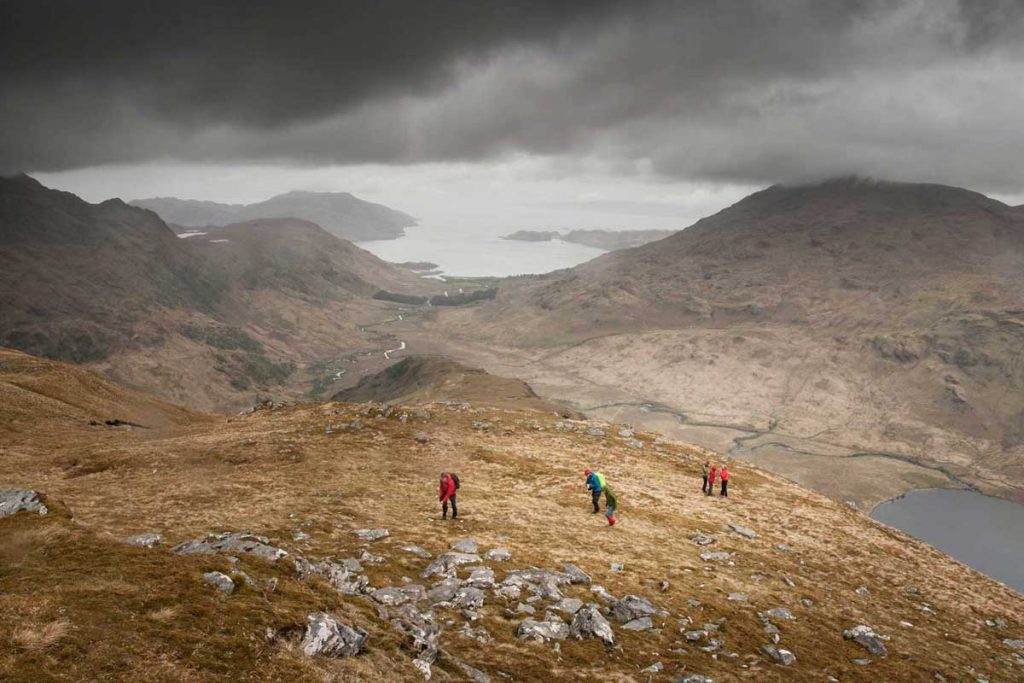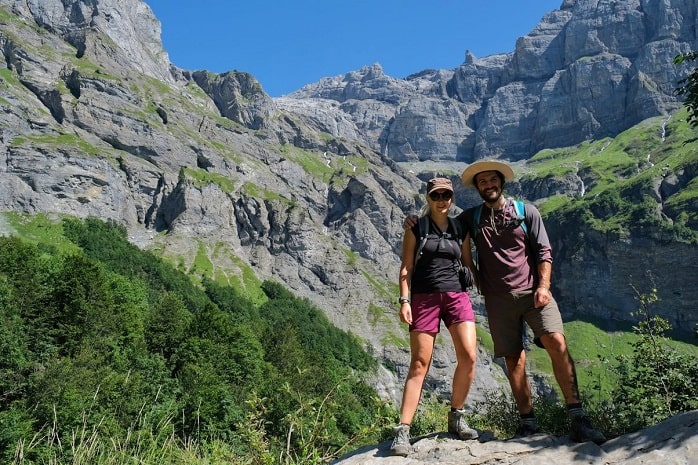Do you need hiking and trail guides? Is this your first time going on a hike? If so, here we have a couple of tips that may be helpful to you along the way. Hiking can be so much fun, but only if you focus on safety tips and follow the guide. It is the only way to minimize the risks and have a good time during your trip.
Packing and Bringing Everything
The majority of beginners have no idea of what they will need during their hiking trip. As a result, they will start packing everything that’s not nailed down in their home. And this is one of the first mistakes. Probably the main problem here is that beginner hikers don’t know what to expect, and they have no idea what items they’ll need.
Carrying too many items that will prove to be useless can be a problem. It will be harder for you to walk with all that weight, and you might leave something useful at home. What you need to do instead is learn more about the process, study the route, and bring only things you’ll need for the journey.
Your primary goal is to be prepared and have essentials,+ and also to avoid overburdening yourself with unnecessary things.
Aiming for Unrealistic Climbs
The next thing on the list is to know what to expect. You need to build your way up instead of jumping straight to the most challenging climb, especially if you have no prior experience. Starting with a challenging route is always a mistake. You need to know what to expect from hiking as well as time to learn what are essentials you’ll need on your journey.
But hiking requires experience, and the last thing you should do is try to climb Mount Everest without preparing for it. Yes, it might seem tempting to go for something a bit more difficult, but it can be dangerous. Instead, you should start with smaller hikes of around two to three miles.
This will allow you to get in form and get used to walking for a longer period of time. But most importantly, it will allow you to prepare. With shorter hikes, you will be able to see whether you have the hiking boots, enough food, water, and other important items.
No Weather Checks
It is not rare for a beginner to completely ignore the weather. And this is another mistake you need to avoid. Of course, it is completely natural that you just want your adventure to start. But that doesn’t mean that you should go on a hike no matter what.

If you start your hike during bad weather, it will ruin your entire experience. Not to mention that it can be dangerous if you choose a difficult trail. What you need to do before you go on a hike is check the weather prediction. And this is something that’s important regardless of the time of the year.
Naturally, if it is winter, it will be only more important for your adventure. If the hike is longer and you plan on going to a higher altitude, keep in mind that the temperature difference can be huge. So, prepare yourself accordingly.
No Knowledge About Gears
Bringing all the necessary gear and equipment with you is just one part of the solution. You will also need to know how to use everything. Having a compass or a map is always a good thing, but knowing how to use them is crucial for your journey. And this applies to any other piece of gear you will need to bring with you.
That is why you need to start preparing for the hike as soon as you find equipment. Learn how to use a compass, map, GPS, and anything else you plan on carrying with you. The same thing applies to tools like axes, tents, and so on. Your number one priority should be your hiking safety, and if you are unsure what you need, that means that you are not prepared for the hike. Fortunately, you can find courses that will help you prepare for the journey.
Fashion Over Essentials
The next common mistake is for people to focus on how they look instead of prioritizing the functionality of their clothing and gear. They want to capture precious moments of their hike, and this requires them to wear nice clothes. But that is a bad idea. You need to wear something comfortable. Since you will spend a lot of time walking, the last thing you need is for it to be painful.

Find comfortable shoes that work well on any type of terrain, wear clothes that will keep you warm if a temperature drop is expected, and focus on staying healthy and safe. While looking good is a nice thing, this isn’t the place for it. Remember that you are not going on a fashion show but on a hike that can be dangerous.
Not Bringing Plenty of Food and Water
We already talked about essentials and stuff you will need to bring, but it is worth mentioning that food and water are important. Now, the amount of food you need to bring depends on the length of your hike. If you plan on spending a couple of hours and being home before nighttime, you probably need some snacks only.
On the other hand, long hikes require preparations, which means enough food and water to last you for the entire journey. This is one of the most important safety hiking tips you can find. When you start with smaller hikes, you will have an easier time determining the right amount of food and water you will need to bring.
No Emergency Plans
If you are planning to hike for a longer period of time, it is always a good idea to have a backup plan in case of an emergency. Even if you have a detailed plan for your hike, there is still a chance for something to go wrong.
And the thing is, accidents happen. Whether you are a beginner or someone with tons of experience, there is still a chance that it won’t go the way you planned it. This is why you need to consider emergency plans and what to do in case something happens. If you are hiking somewhere where you can use your phone, remember to charge the battery before going. Try to cover all the bases before going and do whatever it takes to stay safe.




